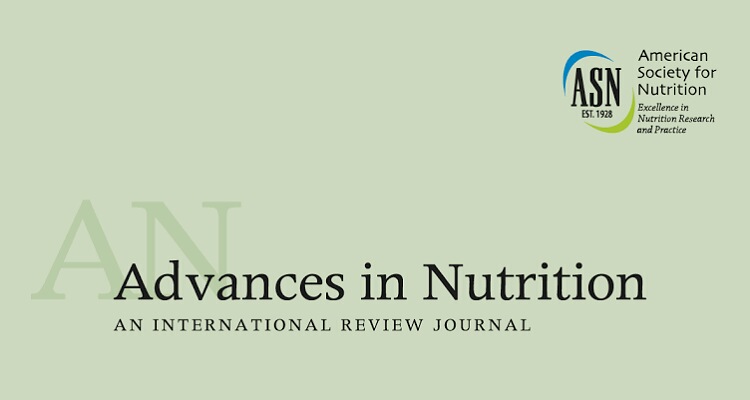Eggs are a source of highly bioavailable protein and other nutrients. Therefore, physicians and dietitians recommend it for health reasons. But a recent meta-analysis has cast doubt on its benefits and on the amount of eggs that one can safely consume per week. Should one now start limiting eggs consumption?
Eggs consumption and nutrition
Eggs are a great source of proteins that are highly bioavailable. Also, hey are rich in other nutrients. Having them at breakfast is common globally. Additionally, some also cook them either as a side or main dish with lunch or other major meal of the day.

As regards their nutritive value, eggs weighing 60 g has 6 grams of proteins in it. It is 100% bioavailable. This means that the intestine absorbs all of the protein and nothing goes waste. There is 60 calories in it, 0.6 grams of carbs and 5.3 grams of fats. Out of this, 1.6 grams is saturated fats, 2 grams of monounsaturated fat and cholesterol is 212 mg. It has vitamin A, B5, B12, B2, phosphorus and selenium.
The Dietary guidelines for Americans 2020-2025 states that eggs are nutrient dense. And hence they can be part of a healthy eating pattern.
But there have been some contradictory results from studies on eggs consumption and mortality. Some studies have concluded that eggs can cause an increased risk of non-communicable diseases such as of the blood vessels and heart. Some research has shown the link of eggs eating with a higher risk of mortality too. Whereas there are some other studies that refute these claims.
The new meta-analysis
A new study of meta analysis that Advances in Nutrition published in September 2012 had the title of the study as:
“Egg Consumption and Risk of All-cause and Cause-specific Mortality: A Systematic Review and Dose-response Meta-analysis of Prospective Studies.”

It attempted to do an assessment of link between egg consumption and all-cause and disease-specific mortality. A dose-response association was also done to evaluate how an additional egg per week would affect the mortality. Scientific literature until March 2021 was searched for prospective cohort studies. 33 studies met the criteria giving them a total of 2216720 participants.
The findings
The authors reached the following conclusion after the detailed analysis:
“Higher egg consumption was not associated with risk of mortality from all causes, cardiovascular disease, coronary heart disease, stroke, and respiratory disease.”
But,
“Higher egg consumption was associated with an increased risk of cancer mortality.”

Multiple reasons are possible. One of them is the fact that eggs have high choline content and this plays a vital role in cellular functions and cancer growth. With each additional egg consumed, risk of death increased by 2% and cancer death increased by 4%. But interestingly, the study found that death due to strike decreased by 4% with every additional egg eaten in a week.
Read more: Cheesy Scrambled Eggs In Avocado Recipe, Its Ingredients, Instructions
Therefore, eggs are good and nutritious but they should be consumed with caution. Have them in moderation. More studies in this direction can clarify the picture.